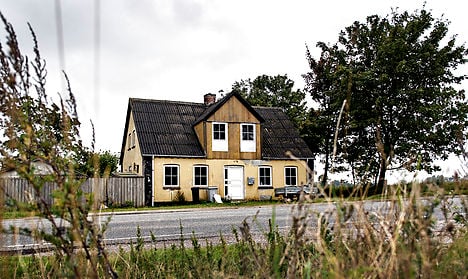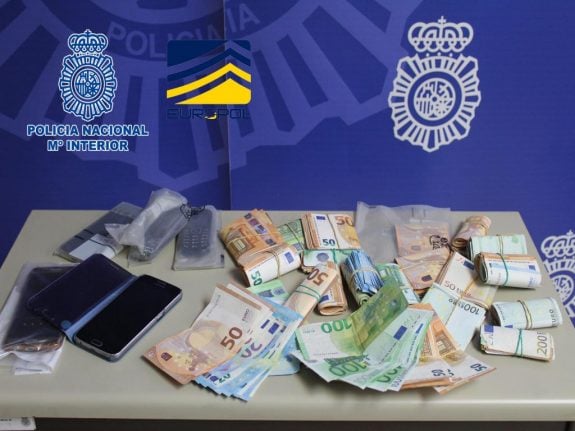TRAFFICKING
13 convicted in Denmark’s largest human trafficking case
A Lyngby court convicted 13 people on Monday in what is being called the biggest case of human trafficking in Danish history.
Published: 15 March 2016 11:07 CET

Some of the Romanian workers lived in this dilapidated house in the Zealand tone of Stenlille. Photo: Niels Ahlmann Olesen/Scanpix
Sentences ranged from seven years and 11 months to three years in prison. Twelve of the 13 will also be expelled from Denmark, while the 13th is a Danish citizen.
In addition to the 13 convicted on Monday, 13 others are also charged in the case. The 26 individuals are accused of having convinced upwards of 1,000 poor Romanians to come to Denmark for jobs.
When the Romanians arrived however they were exploited and forced to live in shabby conditions and the criminals behind the operation used the workers’ identities to commit fraud. The Romanian workers’ personal identification numbers (CPR numbers) were used to take out loans, lease vehicles and purchase mobile phones on credit, according to a report from public broadcaster DR.
A Roskilde University professor who specializes in migration and human trafficking said that the case challenges traditional notions of human trafficking.
“This is a new way of using human trafficking laws, in that the victims were not forcefully traded among organizers but instead were deceived. At the end of the day, this could undermine our common understanding of human trafficking,” Christian Groes told Politiken.
Monday’s conviction is part of what police dubbed Operation Hvepsebo (Wasp Nest). The vast majority of the 26 people facing charges in the case are Romanians. The alleged mastermind has said that he helped bring as many 1,000 Romanians to Denmark and get them CPR numbers. He claims that the victims in the case were aware that their CPR numbers were obtaining illegally and that they would be used for illegal purposes.
The Romanian workers were forced to live in run-down homes and according to Politiken’s report had to drink from public water fountains just to survive.
Url copied to clipboard!


 Please whitelist us to continue reading.
Please whitelist us to continue reading.